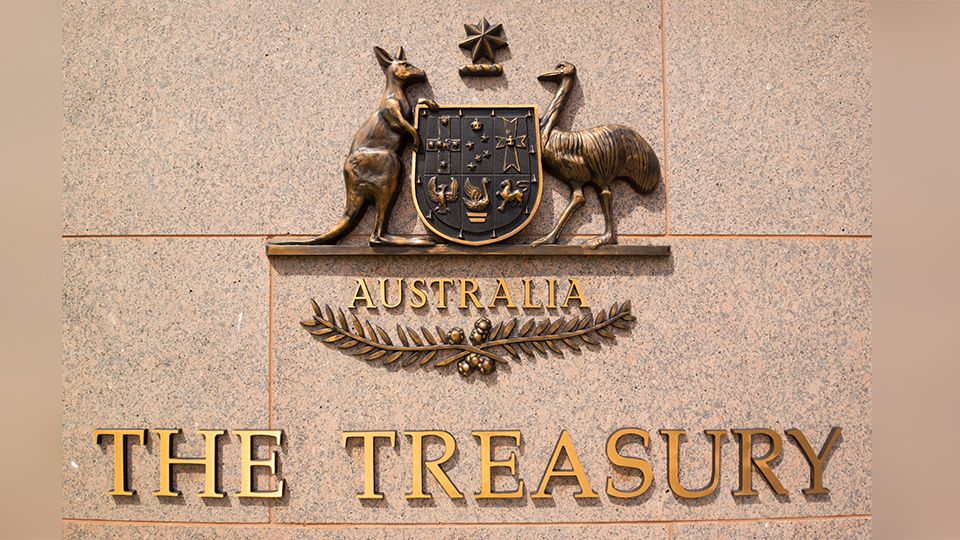Responsible investors in Australia support the mandating of climate-related financial disclosures, including the disclosure of Scope 3 emissions, in order to prevent the region from “lag[ging] behind the rest of the world”.
A consultation closed last Friday on the Australia government’s plans to mandate climate-related financial disclosure as a tool to manage the material risk of climate change, provisionally from the 2024/25 financial year.
Sustainable investment membership bodies such as the Principles for Responsible Investment (PRI) and Responsible Investment Association Australasia (RIAA) submitted responses welcoming the proposals, which included aligning disclosures with the International Sustainability Standards Board (ISSB).
“Without equivalent mandatory standards, Australian markets will increasingly lag behind the rest of the world,” the RIAA’s response said.
“The government has an ambitious sustainable finance agenda but Australia is really starting from behind,” Susan Quinn, head of policy and advocacy at the RIAA added.
“The majority of large Australian companies are already voluntarily reporting on their climate risks. Now we need mandatory reporting to even up the playing field and find the climate risks that are still obscured in our markets.”
Both bodies welcomed the plan to align mandatory disclosure with the ISSB, which last week agreed on the final content of its IFRS 1 and 2. S1 sets out the core content for a complete set of sustainability-related financial disclosures, while S2 focuses on material information about significant climate-related risks and opportunities.
See also: – ISSB standards to be rolled out January 2024
The RIAA added the additional considerations for Australian investors were region-specific climate risks, embedding international best practice and keeping pace with other countries, and aligning with other frameworks seeing as the ISSB does not align with the Global Reporting Initiative or Taskforce on Nature-related Financial Disclosures framework.
One thing the ISSB has said is that it will incorporate scope 3 emissions reporting, which the RIAA and PRI welcomed for Australia’s adoption.
“The ISSB has committed to Scope 3 emissions reporting – that’s the direction the world is going in,” Quinn said.
“Given the sheer magnitude of our climate risks here in Australia, we need this level of transparency. Scope 3 emissions can make up the vast majority of emissions in some industries. So this is not just something investors are asking for – it’s critical for businesses to manage the risks they face with their own suppliers and customers.”
Both bodies suggested the Australian government phases in the plan on a year-by-year basis starting in the 2024/25 financial year, introducing the requirements through legislation.
“We recommend that the Federal government introduce amendments to the Corporations Act 2001 (Cth) that would require that phase in of mandatory sustainability reporting standards,” the PRI said.
They recommend it apply to ASX300 companies and include entities with either a minimum annual consolidated revenue of $100m or greater than $5bn in total assets under management. This would be quickly followed by its application to ASX-listed companies.
The PRI also suggested the Australian government set up a body that can develop sector-specific plans, and emphasised the need for using third-party verification to make sure they are robust and high quality.
It is also encouraging the development of an Australian sustainable finance taxonomy, which would complement mandatory disclosure reporting.








